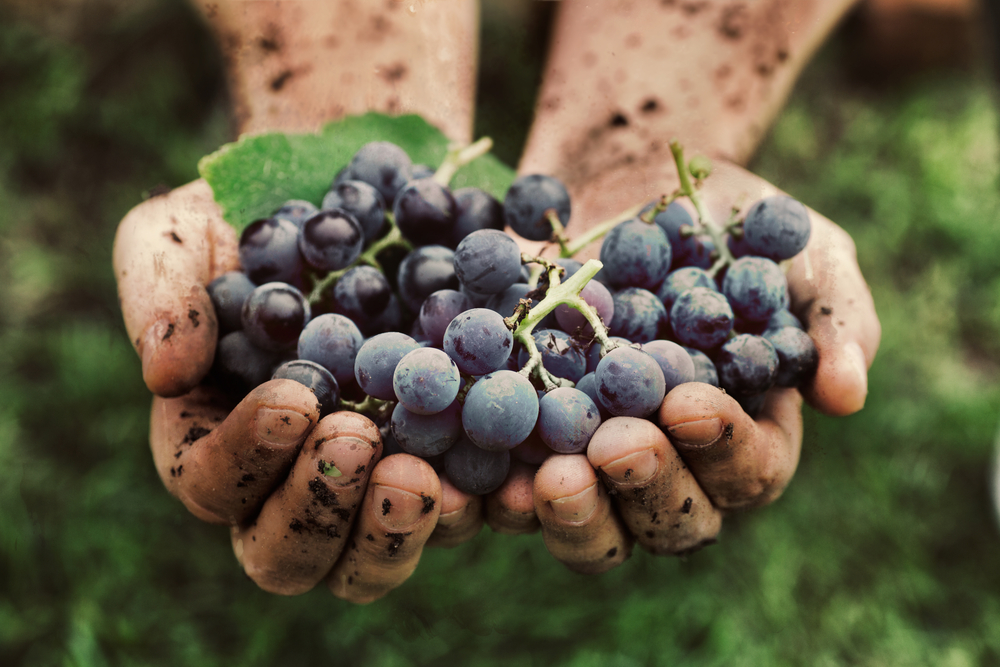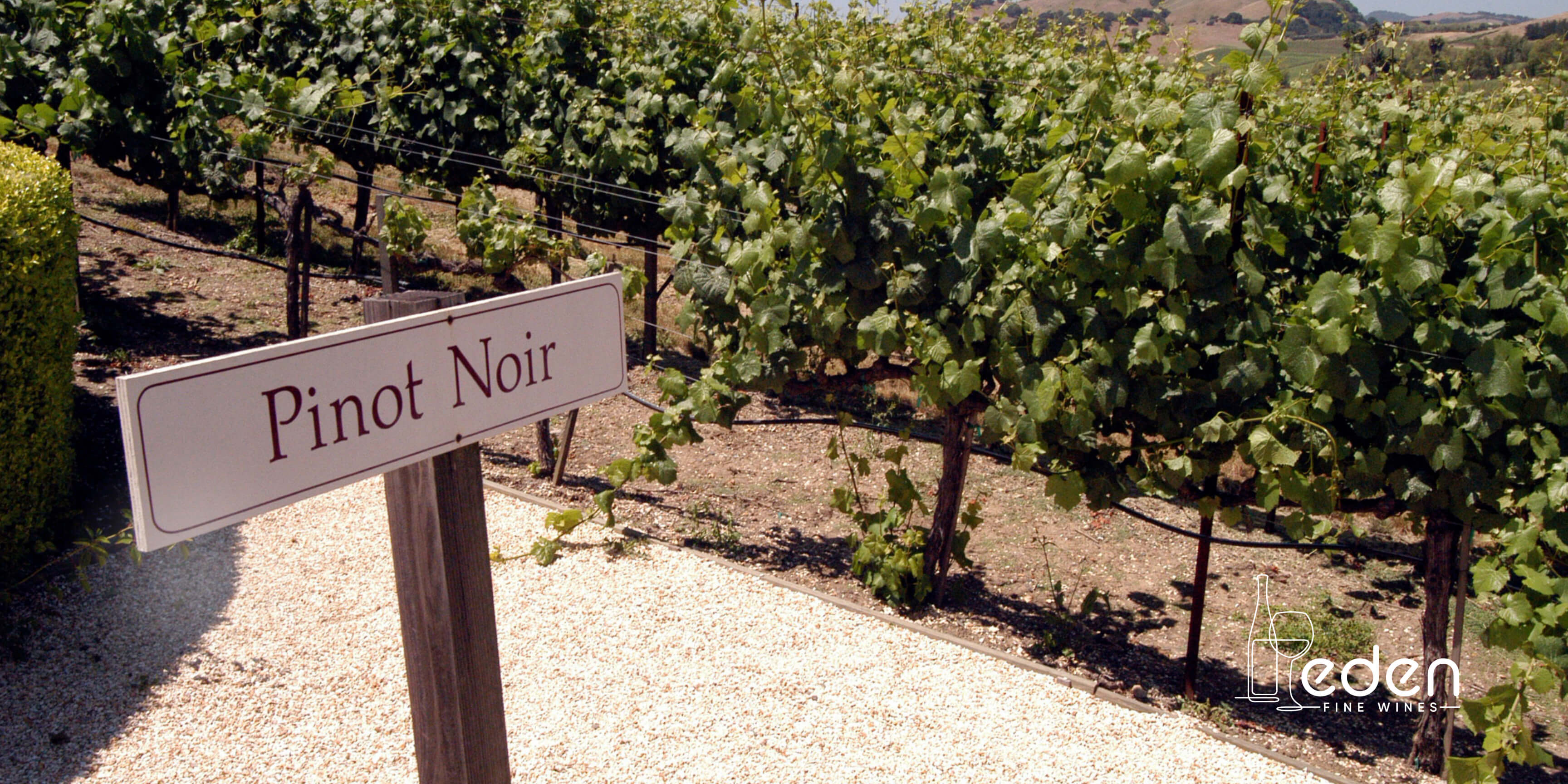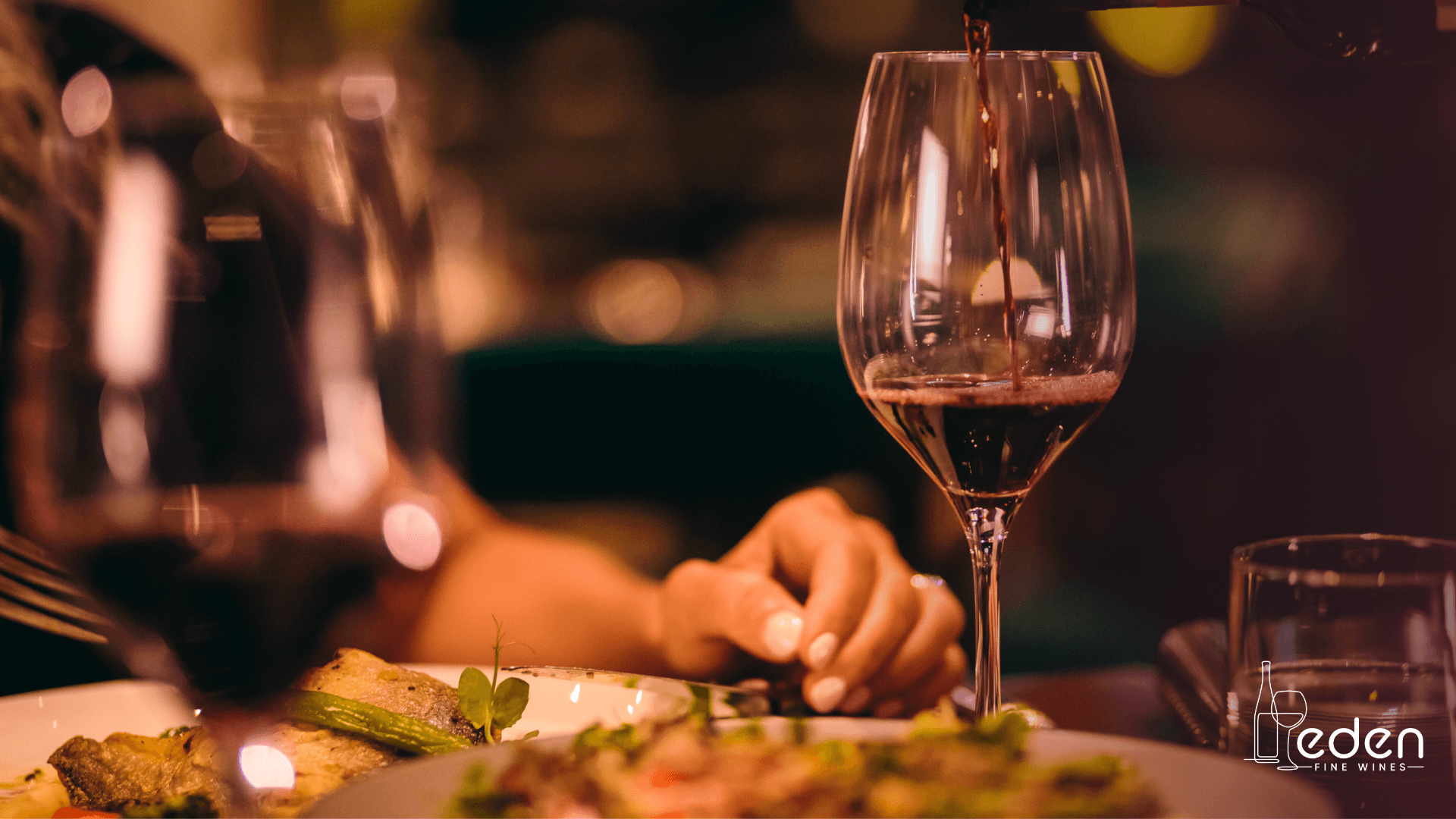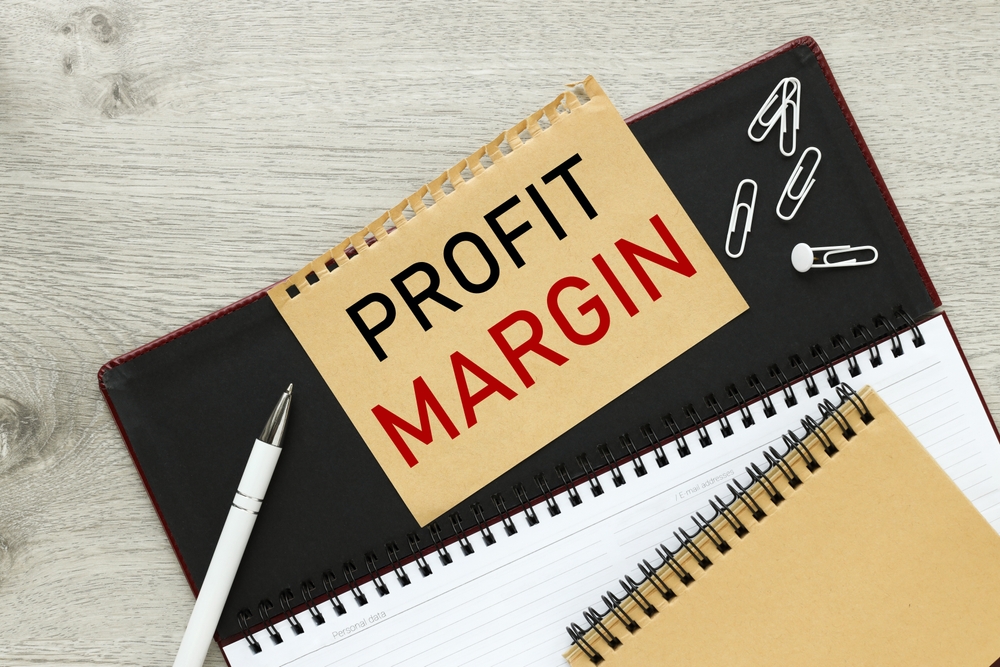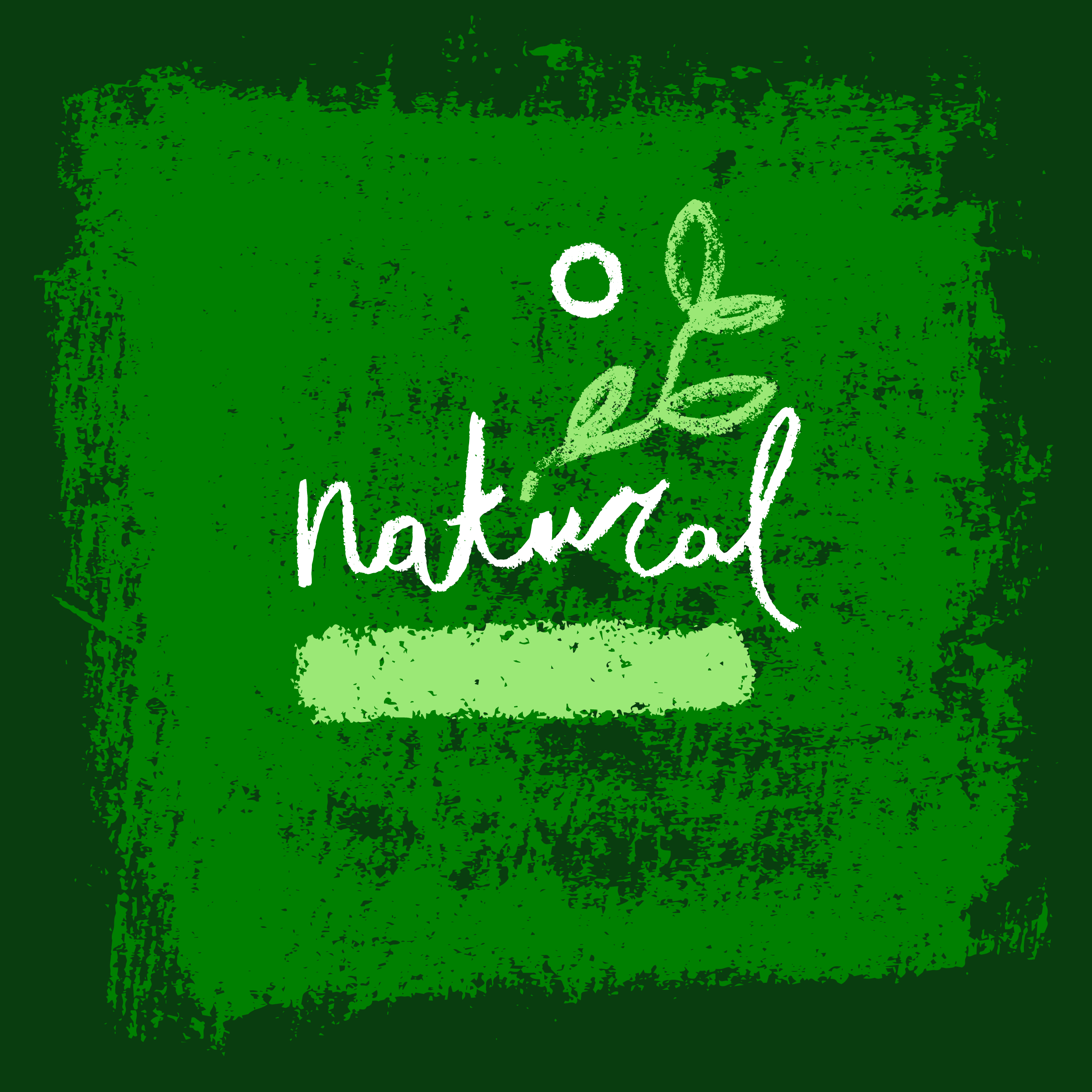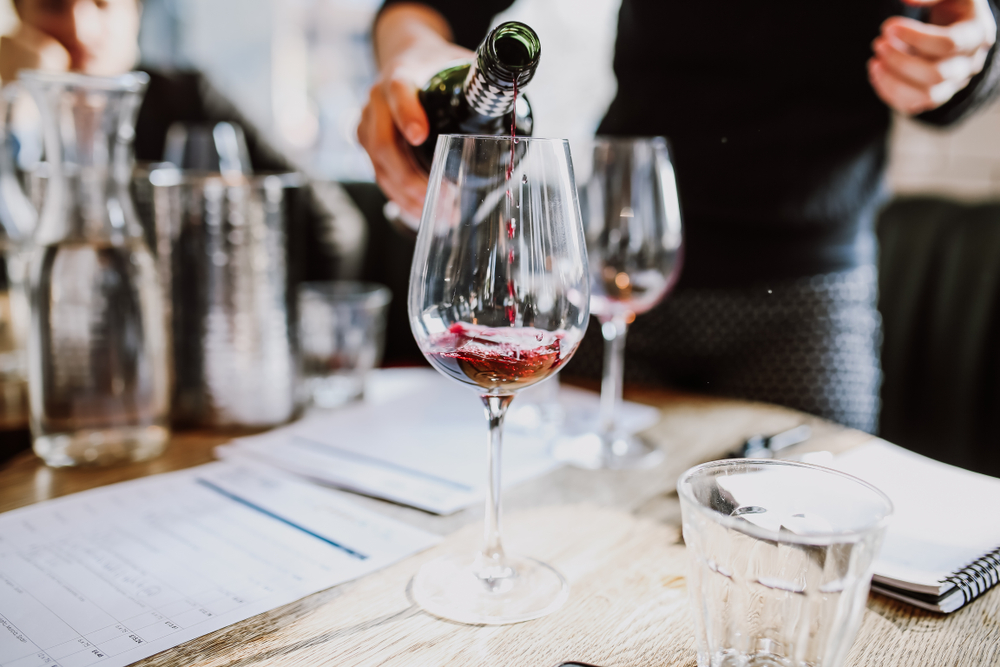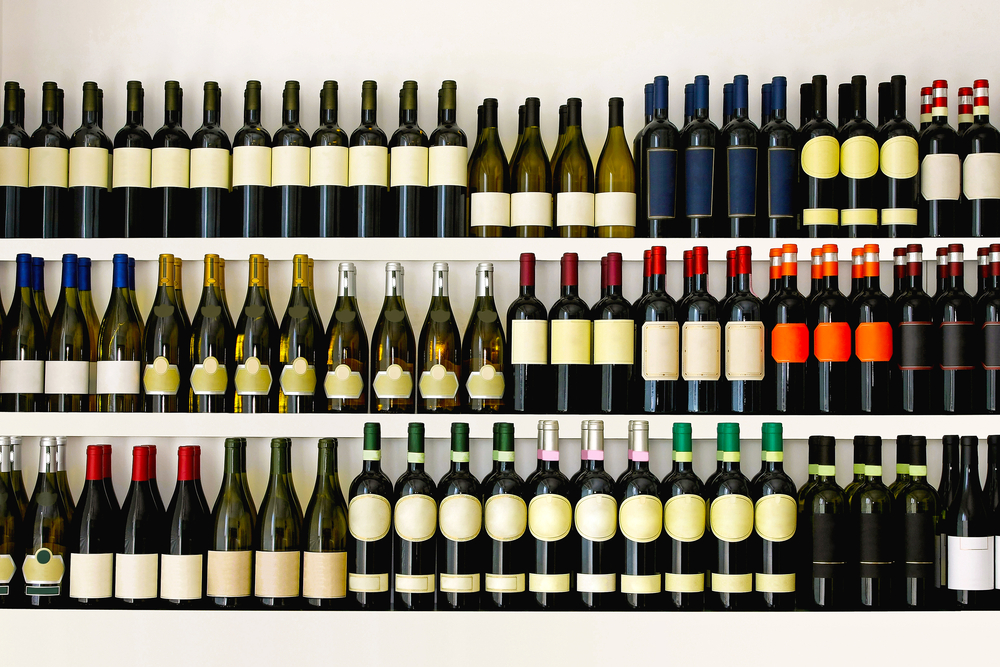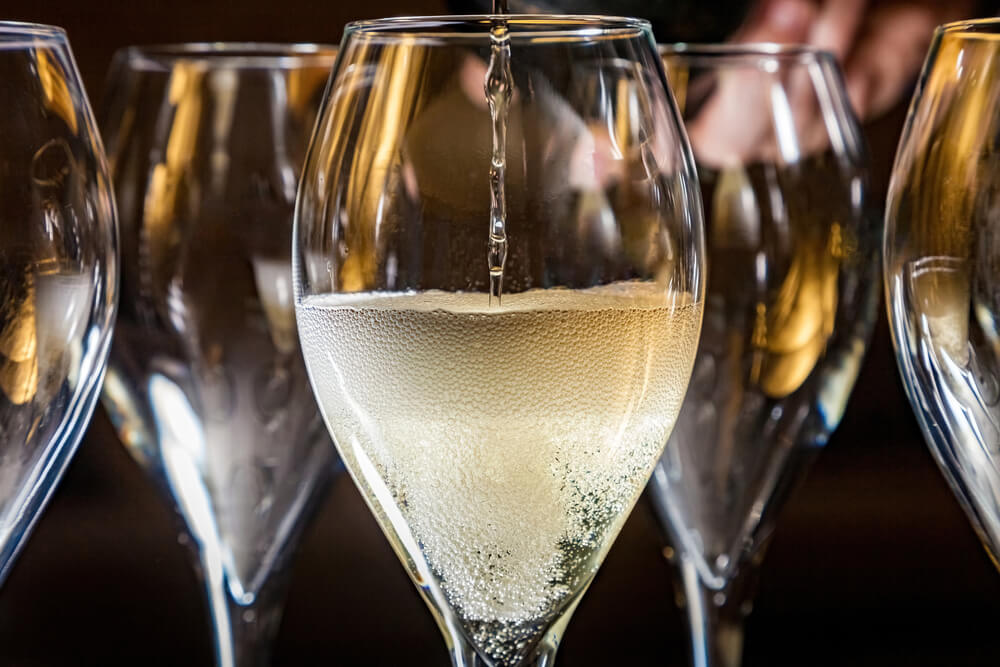Once upon a time the term “organic” was little more than a label, and a pretty unreliable one at that. Consumers were understandably mystified about what the word meant. There was no correlation between organic wine and quality wine. It was niche, novel, and also a form of facile branding. In reality, farmers have been working organically for thousands of years, but it hasn’t been called organic farming until very recently. It revolved around the simple precepts of the stewardship of the land and using natural solutions and methods to promote growth and health in vineyards.
Between the two world wars, the approach towards agriculture became more industrial and mechanised, with the use of a lot of artificial chemicals, because it was thought that this would yield higher crops. In reality, the results were very different. Over-sprayed vineyards were devoid of life, the vines were sickly and compacted soils were left without any of the microbial life that helped connect the vines to their place. It was a kind of ‘short-cut’ farming that geared towards overproduction and ultimately, the desertification of the land.
However, there has been a gradual shift, and the recent generation of artisan farmers have begun to question how wise it is to rely on chemicals. They have also adopted various long-term, sustainable practices that protect and expand eco-systems and view the vineyards as part of nature, rather than a monoculture designed to churn out mass amounts of wine at any cost.
The wine merchant or the restaurateur is the middle man between the grower and their methods and the consumer buying the product. It’s a crucial part of the trade to inform customers about the provenance of the wines on the list, especially as people are ever more conscious about where their food and drink comes from. They want to know how the wine was actually produced, the methods of farming that were used and what green or environmental credentials it may have. Over the past few years, more shops, cafés and restaurants have opened with a particular ethos that embraces local trade, ethical farming and organics. These days, ‘organic’ is more than a buzzword or a marketing ploy, it is founded on the idea that quality is paramount and that the better the farming, the better the produce. The nature of the farming itself, including preservation, soil stewardship and the responsibility of leaving the land in a healthy state for future generations is a major part of this ethical equation. There is also the important consideration for carbon footprints, employment practice and commercial relationships.
Over the last five years, there has been an undeniable growth in the popularity and production of organic, biodynamic and natural wines for plenty of reasons. There are now official certifications for organic and biodynamic produce, meaning that this new level of quality is recognised not just by consumers but also governing bodies. In turn, there is an incentive to prioritise farming organically. There are also numerous wine fairs that are hosted annually to promote and recognise the efforts of artisan producers and spread the word about their work. The market has become increasingly receptive to wines that can be classified as organic or biodynamic, and so nowadays you can find them proudly advertised in a considerable number of wine bars and restaurants. Independent retailers will often host a whole section in their premises that is entirely dedicated to wine made by small artisan producers.
During the pandemic, consumers had more time on their hands at home and many people wanted to ‘switch up’ what they were drinking. People were more curious and there was room to explore the difference that organic and biodynamic wines provide. Extended availability, the improvement in the quality of the wines, better consumer education and the desire for exclusivity, in a world colonised by huge brands, have all contributed to the undeniable rise in popularity of organic, biodynamic and natural wines. Ultimately, people have a keen interest in really understanding what they buy, eat and drink, and the pandemic only reinforced this. People shop with a different mentality these days and there has been a shift in priorities. Twenty years ago, you might have had to answer the question “What are your organic wines?” Now the question is more likely to be, “Where are your organic wines?”
At Eden Fine Wines we are proud to be leading the way in Organic wines within our portfolio, please contact us and we would be delighted to present some of our wonderful organic wines to you!!
 Trade Login
Trade Login




